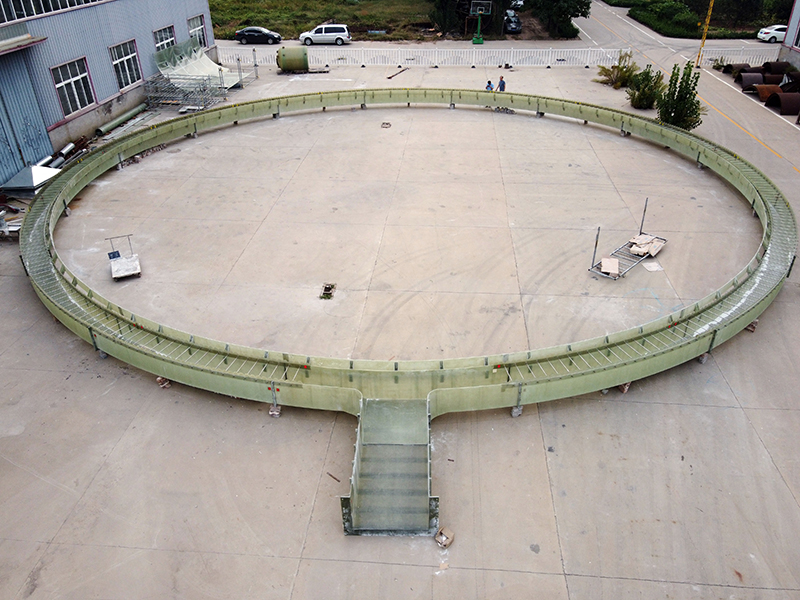
-
 Afrikaans
Afrikaans -
 Albanian
Albanian -
 Amharic
Amharic -
 Arabic
Arabic -
 Armenian
Armenian -
 Azerbaijani
Azerbaijani -
 Basque
Basque -
 Belarusian
Belarusian -
 Bengali
Bengali -
 Bosnian
Bosnian -
 Bulgarian
Bulgarian -
 Catalan
Catalan -
 Cebuano
Cebuano -
 China
China -
 China (Taiwan)
China (Taiwan) -
 Corsican
Corsican -
 Croatian
Croatian -
 Czech
Czech -
 Danish
Danish -
 Dutch
Dutch -
 English
English -
 Esperanto
Esperanto -
 Estonian
Estonian -
 Finnish
Finnish -
 French
French -
 Frisian
Frisian -
 Galician
Galician -
 Georgian
Georgian -
 German
German -
 Greek
Greek -
 Gujarati
Gujarati -
 Haitian Creole
Haitian Creole -
 hausa
hausa -
 hawaiian
hawaiian -
 Hebrew
Hebrew -
 Hindi
Hindi -
 Miao
Miao -
 Hungarian
Hungarian -
 Icelandic
Icelandic -
 igbo
igbo -
 Indonesian
Indonesian -
 irish
irish -
 Italian
Italian -
 Japanese
Japanese -
 Javanese
Javanese -
 Kannada
Kannada -
 kazakh
kazakh -
 Khmer
Khmer -
 Rwandese
Rwandese -
 Korean
Korean -
 Kurdish
Kurdish -
 Kyrgyz
Kyrgyz -
 Lao
Lao -
 Latin
Latin -
 Latvian
Latvian -
 Lithuanian
Lithuanian -
 Luxembourgish
Luxembourgish -
 Macedonian
Macedonian -
 Malgashi
Malgashi -
 Malay
Malay -
 Malayalam
Malayalam -
 Maltese
Maltese -
 Maori
Maori -
 Marathi
Marathi -
 Mongolian
Mongolian -
 Myanmar
Myanmar -
 Nepali
Nepali -
 Norwegian
Norwegian -
 Norwegian
Norwegian -
 Occitan
Occitan -
 Pashto
Pashto -
 Persian
Persian -
 Polish
Polish -
 Portuguese
Portuguese -
 Punjabi
Punjabi -
 Romanian
Romanian -
 Russian
Russian -
 Samoan
Samoan -
 Scottish Gaelic
Scottish Gaelic -
 Serbian
Serbian -
 Sesotho
Sesotho -
 Shona
Shona -
 Sindhi
Sindhi -
 Sinhala
Sinhala -
 Slovak
Slovak -
 Slovenian
Slovenian -
 Somali
Somali -
 Spanish
Spanish -
 Sundanese
Sundanese -
 Swahili
Swahili -
 Swedish
Swedish -
 Tagalog
Tagalog -
 Tajik
Tajik -
 Tamil
Tamil -
 Tatar
Tatar -
 Telugu
Telugu -
 Thai
Thai -
 Turkish
Turkish -
 Turkmen
Turkmen -
 Ukrainian
Ukrainian -
 Urdu
Urdu -
 Uighur
Uighur -
 Uzbek
Uzbek -
 Vietnamese
Vietnamese -
 Welsh
Welsh -
 Bantu
Bantu -
 Yiddish
Yiddish -
 Yoruba
Yoruba -
 Zulu
Zulu
fiberglass absorber
The Versatility of Fiberglass Absorbers
Fiberglass absorbers have increasingly become a critical component in various applications, due to their unique properties and advantages. As industries strive for efficiency and sustainability, fiberglass absorbers offer innovative solutions in fields such as soundproofing, thermal management, and even environmental protection. This article delves into the characteristics, advantages, and applications of fiberglass absorbers.
Characteristics of Fiberglass Absorbers
At its core, fiberglass is a composite material made from fine strands of glass fibers. These fibers are lightweight yet have remarkable tensile strength, making them ideal for various engineering applications. Fiberglass absorbers leverage this unique composition to effectively dampen sound and manage heat. They come in various forms, including mats, boards, and custom shapes, providing flexibility in design and application.
One of the most notable characteristics of fiberglass is its low thermal conductivity. This property allows fiberglass absorbers to efficiently regulate temperature by minimizing heat transfer. Additionally, fiberglass is resistant to moisture, chemical corrosion, and has a high resistance to fire, making it suitable for diverse environments.
Advantages of Using Fiberglass Absorbers
The benefits of fiberglass absorbers are manifold. First and foremost, their sound absorption capabilities are a significant advantage. In commercial and residential spaces where noise pollution is a concern, fiberglass absorbers can significantly reduce sound transmission and echo. This results in a more comfortable and productive environment, particularly in settings like offices, classrooms, and auditoriums.
Furthermore, the thermal management properties of fiberglass absorbers contribute to energy efficiency. By controlling heat transfer, they help maintain desired temperatures, thereby reducing the load on heating and cooling systems. This not only lowers energy costs but also extends the lifespan of HVAC equipment, leading to longer-term sustainability.
fiberglass absorber

Fiberglass absorbers are also lightweight, making them easier to install and manage compared to other materials. Their versatile nature allows them to be integrated into a wide range of products, from acoustic panels for studios to thermal insulation in industrial settings. This adaptability increases their appeal across multiple industries.
Applications of Fiberglass Absorbers
The applications of fiberglass absorbers are diverse, spanning various sectors. In the construction industry, they are commonly used in walls and ceilings to enhance sound insulation and thermal performance. This is particularly beneficial in urban environments where noise pollution is prevalent.
In the automotive industry, fiberglass absorbers are utilized in vehicle design to minimize noise and vibrations, enhancing the driving experience. Here, effective soundproofing not only increases passenger comfort but also improves overall vehicle performance.
Fiberglass absorbers also find significant use in HVAC systems. By lining ducts with fiberglass insulation, companies can reduce energy losses, ensuring that heated or cooled air maintains its temperature as it travels through the system. This efficiency is vital in large commercial buildings where temperature control is essential for occupant comfort.
Moreover, in environmental applications, fiberglass absorbers are employed in the manufacturing of filtration systems. Their fine structure enables them to capture particulate matter and pollutants, aiding in air quality improvement and compliance with environmental regulations.
Conclusion
In summary, fiberglass absorbers represent a versatile solution across multiple industries. With their excellent sound absorption, thermal management capabilities, and lightweight design, they have become increasingly popular in construction, automotive, HVAC, and environmental applications. As the demand for sustainable and efficient materials grows, fiberglass absorbers will likely play an even more prominent role in shaping future innovations. Whether it’s enhancing acoustic comfort in a bustling urban setting or improving energy efficiency in industrial systems, the versatility of fiberglass absorbers makes them an invaluable asset in modern engineering and design.









